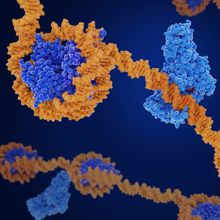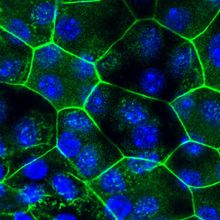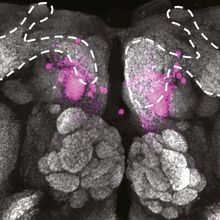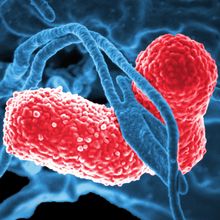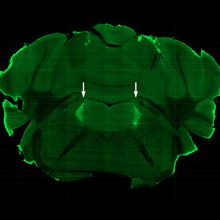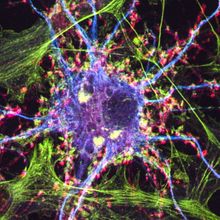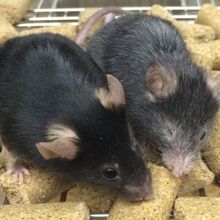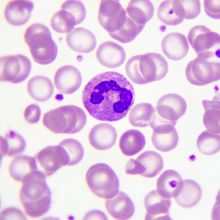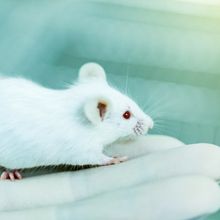Alejandra Manjarrez, PhD
Alejandra Manjarrez is a freelance science journalist who contributes to The Scientist. She has a PhD in systems biology from ETH Zurich and a master’s in molecular biology from Utrecht University. After years studying bacteria in a lab, she now spends most of her days reading, writing, and hunting science stories, either while traveling or visiting random libraries around the world. Her work has also appeared in Hakai, The Atlantic, and Lab Times.


